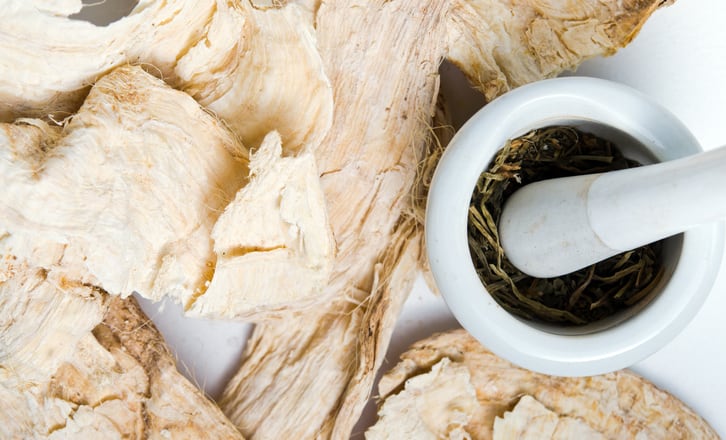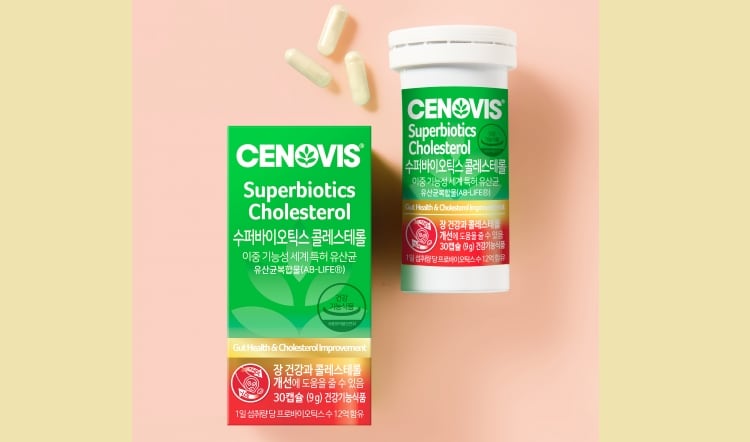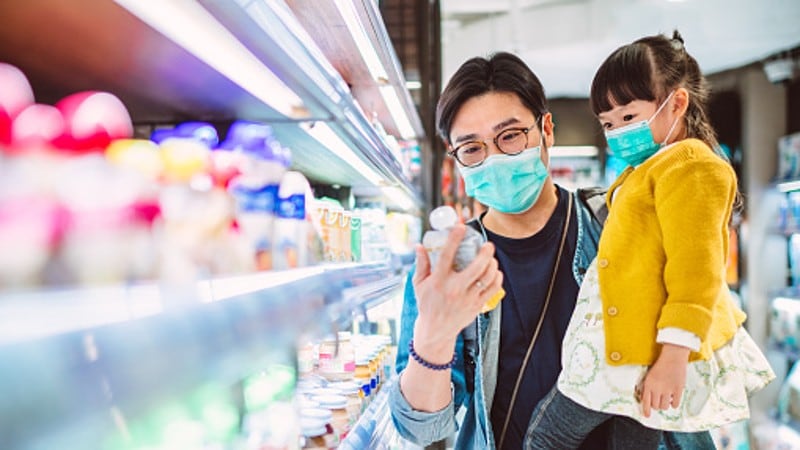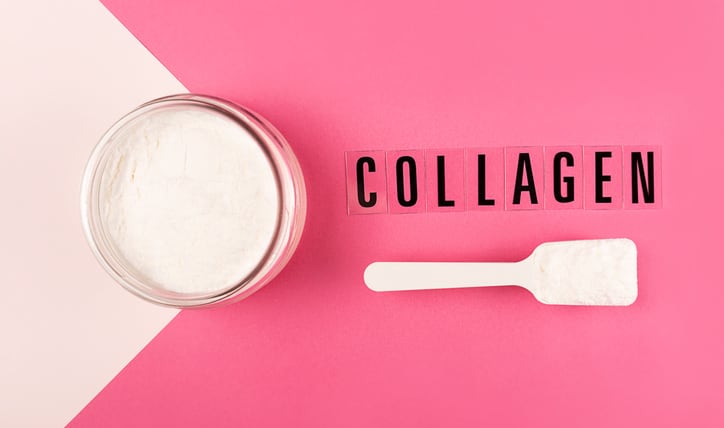The two products, Aura Queen Gold Vitamin B1 tablets and S-Queen Gold, were manufactured by Okinawa Ukondo Co. Ltd and Okinawa Chousei Herb Corp and imported by Korean firms Aura Co. Ltd and B&SS respectively.
Thai kudzu (Pueraria mirifica) or Thai arrowroot is a banned ingredient in South Korea.
The Ministry of Food and Drug Safety (MFDS) said that there has been no evidence for using it as a food ingredient in South Korea due to its side effects such as inducing hormonal changes and the enlargement of the uterus.
The ministry detected the banned ingredient as part of its planned exercise in inspecting health functional foods using arrowroot imported from Japan.
“As the ‘Thai Kudzu’ gene was confirmed in two products, the importers involved are subjected to administrative action for violating the Special Act on Imported Food Safety Management,” said the MFDS, adding that the product has been recalled and disposed.
While Thai Kudzu is banned in South Korea, it is permitted use as food in Japan.
Containing phytoestrogen, it is also used traditionally in Thailand as supplements for improving flushes and night sweats in in perimenopausal or post-menopausal women, as well as reducing blood lipids.
“Since last year, the MFDS has noted the fact that it is difficult to distinguish the authenticity of products with the naked eye.
“To prevent the distribution of imported food that is sold by disguising low-priced products as high-priced products or inedible products as edible ones, we have conducted a planned inspection of imported foods,” it said.
It added that it would develop methods for determining the contents and authenticity of products to uphold consumer safety.
Adverse effects
Irregular vaginal bleeding and menstrual disorders associated with the use of Thai kudzu supplements have been reported in Japan.
A study published in Nutrients last year showed that 16.2 per cent of consumers using Thai kudzu had experienced adverse events such as irregular vaginal bleeding, breast swelling and pain and heavy menstruation.
The Hong Kong Centre for Food Safety had also earlier on issued a safety risk warning regarding the use of Thai kudzu crude root extract.
“Individual response to Pueraria mirifica food varies and is depended on the intake dosage and individual characteristics,” it said, adding that consumers should be aware of the potential adverse effects before they consider taking Pueraria mirifica food.
Products containing Thai Kudzu can be bought in Hong Kong via ecommerce.





